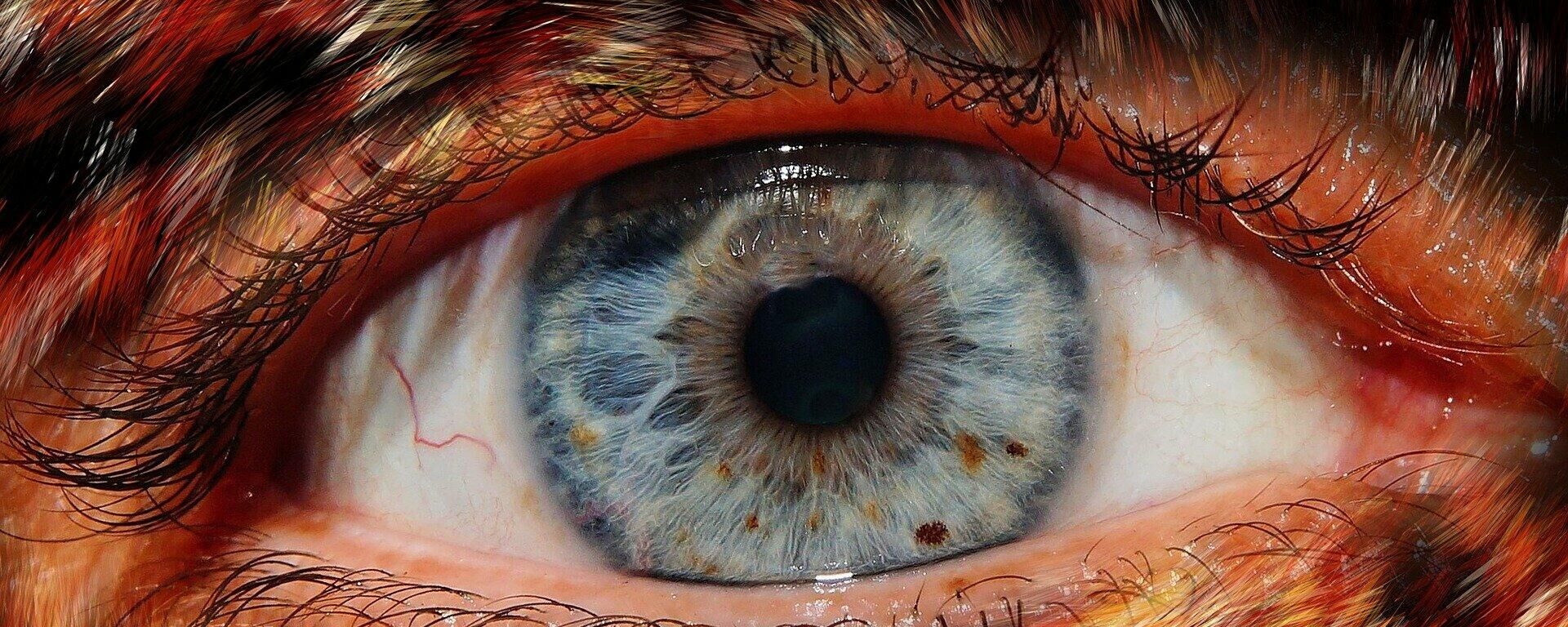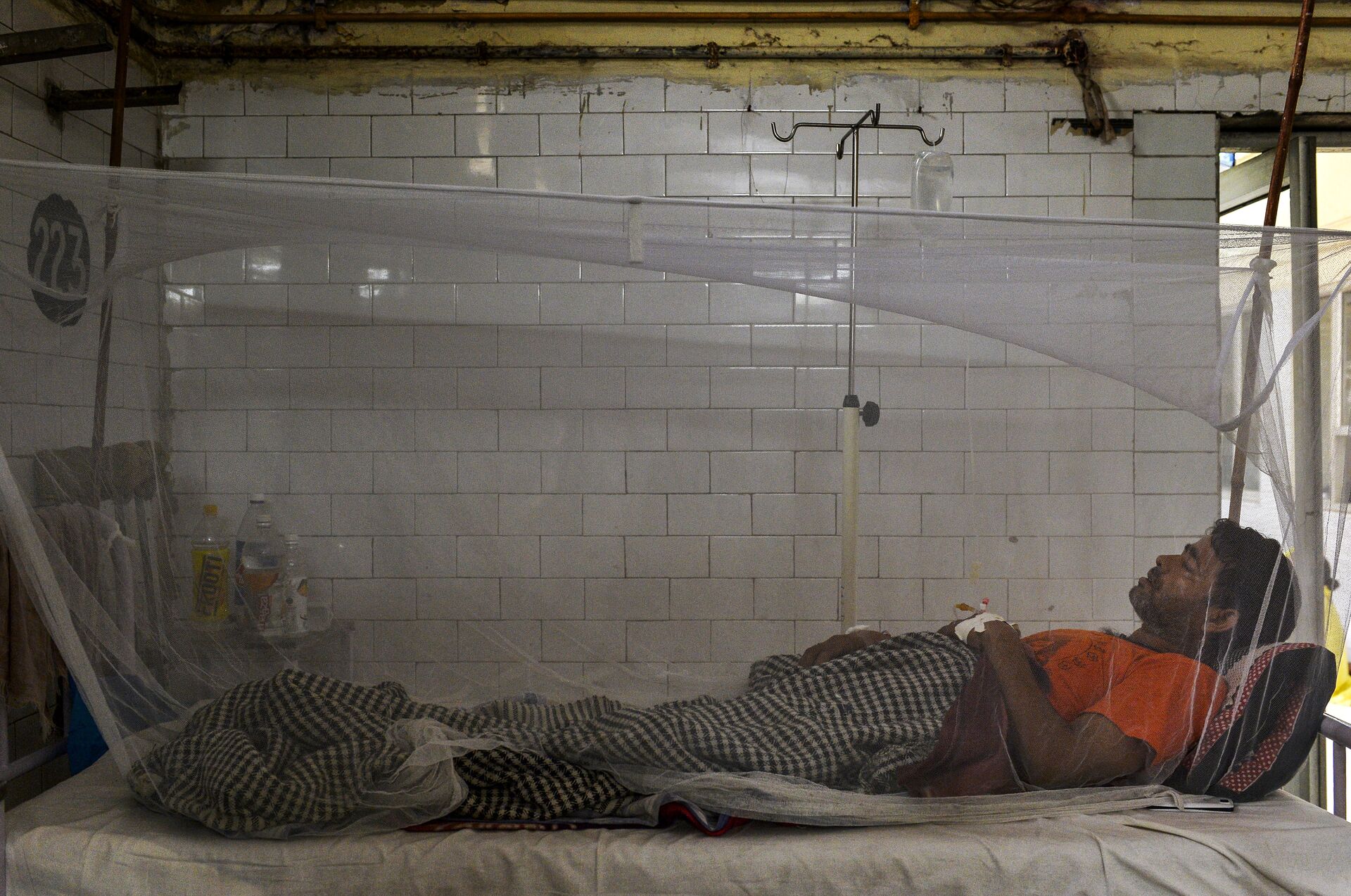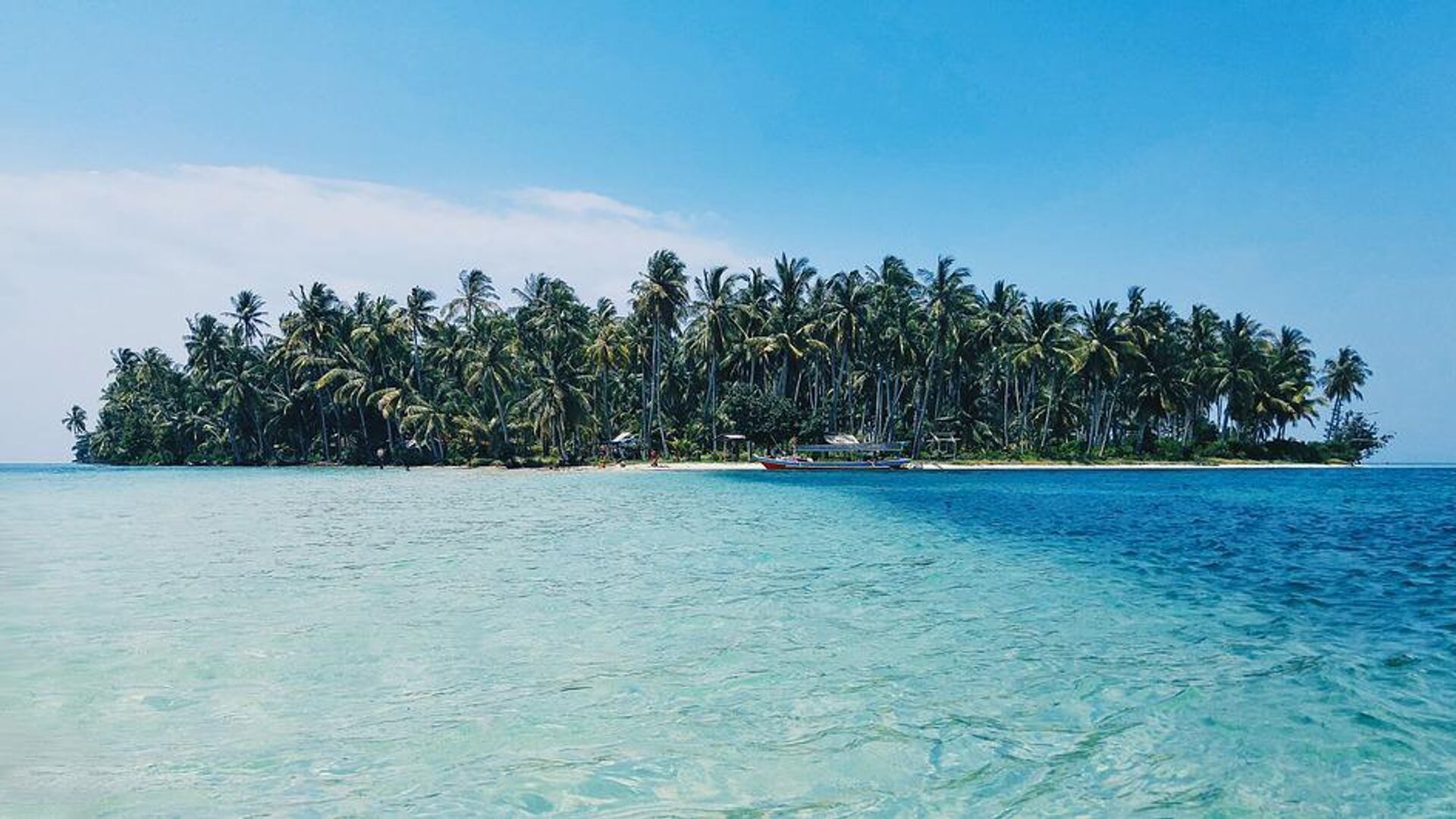https://sputnikglobe.com/20220528/health-alert-issued-as-mysteriously-emerged-virus-grips-remote-african-island-paradise-1095846340.html
Health Alert Issued as Mysteriously-Emerged Virus Grips Remote African Island Paradise
Health Alert Issued as Mysteriously-Emerged Virus Grips Remote African Island Paradise
Sputnik International
Dengue fever is a severe flu-like viral tropical disease spread by female Aedes mosquitoes, characterised by sudden-onset fever, headache, a rash, and muscle... 28.05.2022, Sputnik International
2022-05-28T12:51+0000
2022-05-28T12:51+0000
2022-05-28T12:56+0000
dengue fever
mosquito
world health organization (who)
https://cdn1.img.sputnikglobe.com/img/07e6/05/1c/1095848437_8:0:952:531_1920x0_80_0_0_d0de1162c773192cd1e7c0bc6ac0c9d1.jpg
A mysterious outbreak of dengue fever in the island country of São Tomé and Príncipe – the first of its kind for this African nation – has prompted health authorities to issue a warning.Over 100 cases of the mosquito-spread illness were reported to the World Health Organisation (WHO) in the period between 15 April and 17 May.The first suspected dengue case was reported at a hospital in São Tomé and Príncipe on 11 April, with the individual, who had a travel history, presenting symptoms suggestive of the disease. The patient was subsequently diagnosed as having had a past dengue infection.Last month, 30 samples, confirmed by rapid diagnostic testing, were sent to a laboratory in Lisbon and confirmed as positive for early acute dengue infection. The predominant serotype was “dengue virus serotype 3 (DENV-3)”, according to the WHO.90 percent of cases were reported from within one health district, Água Grande, and the most commonly affected individuals were aged between 30 and 39. Currently, local authorities are conducting investigations to identify mosquito breeding sites, with updates published daily.Taking into account a plethora of factors, such as an environment favourable for mosquito breeding, poor sanitation, and water management systems impacted by last December’s heavy rains, as well as low community awareness, the WHO has estimated the national risk as “high”.Dengue fever is a viral disease that generally occurs in tropical and subtropical parts of the world. It is spread predominantly by the Aedes mosquito. The symptoms of the vector-borne disease include high fever, muscle and joint pains, and rashes.In rare cases, dengue can be very serious and even potentially life-threatening, as it develops into the more severe dengue haemorrhagic fever, resulting in bleeding, or dengue shock syndrome, where dangerously low blood pressure occurs. According to Centres for Disease Control and Prevention (CDC) guidelines, if you have had dengue in the past, you are more likely to develop severe dengue.So far no deaths have been reported on the island nation of São Tomé and Príncipe, but a response plan has been speedily drawn up and epidemiological investigations are underway, according to local health authorities.Further complications can be anticipated due to the fact that the outbreak also coincides with the spread of diarrhoeal disease, malaria, and COVID-19.“The reported numbers are likely an underestimate because a high proportion of dengue cases are asymptomatic”, the WHO said in its assessment, adding:The WHO advised health centres in the outer islands of São Tomé and Príncipe to be provided with Rapid Diagnostic Tests (RDTs) for detecting cases.
https://sputnikglobe.com/20211113/black-fungus-indian-man-partially-loses-vision-in-rare-case-of-post-dengue-mucormycosis-1090711013.html
Sputnik International
feedback@sputniknews.com
+74956456601
MIA „Rossiya Segodnya“
2022
News
en_EN
Sputnik International
feedback@sputniknews.com
+74956456601
MIA „Rossiya Segodnya“
Sputnik International
feedback@sputniknews.com
+74956456601
MIA „Rossiya Segodnya“
dengue fever, mosquito, world health organization (who)
dengue fever, mosquito, world health organization (who)
Health Alert Issued as Mysteriously-Emerged Virus Grips Remote African Island Paradise
12:51 GMT 28.05.2022 (Updated: 12:56 GMT 28.05.2022) Dengue fever is a severe flu-like viral tropical disease spread by female Aedes mosquitoes, characterised by sudden-onset fever, headache, a rash, and muscle and joint pains. Because of its painful effects, it is also known as breakbone fever.
A mysterious outbreak of dengue fever in the island country of
São Tomé and Príncipe – the first of its kind for this African nation – has prompted health authorities to issue a warning.
Over 100 cases of the mosquito-spread illness were reported to the World Health Organisation (WHO) in the period between 15 April and 17 May.
The first suspected dengue case was reported at a hospital in São Tomé and Príncipe on 11 April, with the individual, who had a travel history, presenting symptoms suggestive of the disease. The patient was subsequently diagnosed as having had a past dengue infection.
Last month, 30 samples, confirmed by rapid diagnostic testing, were sent to a laboratory in Lisbon and confirmed as positive for early acute dengue infection. The predominant serotype was “dengue virus serotype 3 (DENV-3)”, according to the WHO.
90 percent of cases were reported from within one health district, Água Grande, and the most commonly affected individuals were aged between 30 and 39. Currently, local authorities are conducting investigations to identify mosquito breeding sites, with updates published daily.
Taking into account a plethora of factors, such as an environment favourable for mosquito breeding, poor sanitation, and water management systems impacted by last December’s heavy rains, as well as low community awareness, the WHO has estimated the national risk as “high”.

13 November 2021, 14:55 GMT
Dengue fever is a viral disease that generally occurs in tropical and subtropical parts of the world. It is spread predominantly by the Aedes mosquito. The symptoms of the vector-borne disease include high fever, muscle and joint pains, and rashes.
In rare cases,
dengue can be very serious and even potentially life-threatening, as it develops into the more severe dengue haemorrhagic fever, resulting in bleeding, or dengue shock syndrome, where dangerously low blood pressure occurs. According to Centres for Disease Control and Prevention (CDC) guidelines, if you have had dengue in the past, you are more likely to develop severe dengue.
So far no deaths have been reported on the island nation of São Tomé and Príncipe, but a response plan has been speedily drawn up and epidemiological investigations are underway, according to local health authorities.
Further complications can be anticipated due to the fact that the outbreak also coincides with the spread of diarrhoeal disease, malaria, and COVID-19.
“The reported numbers are likely an underestimate because a high proportion of dengue cases are asymptomatic”, the WHO said in its assessment, adding:
“The likelihood of further spread from São Tomé and Príncipe to other countries is unlikely because the country is an island that does not share land borders and it would require the presence of susceptible vectors”.
The WHO advised health centres in the outer islands of São Tomé and Príncipe to be provided with Rapid Diagnostic Tests (RDTs) for detecting cases.



